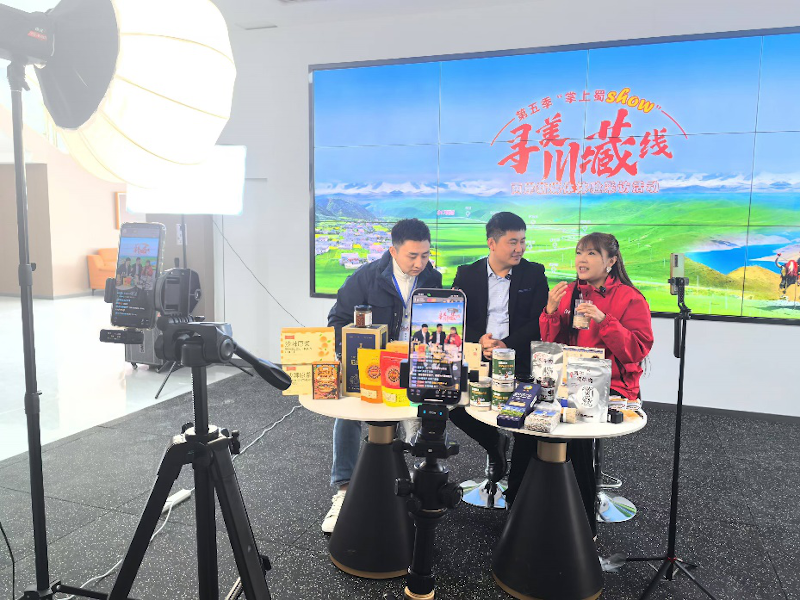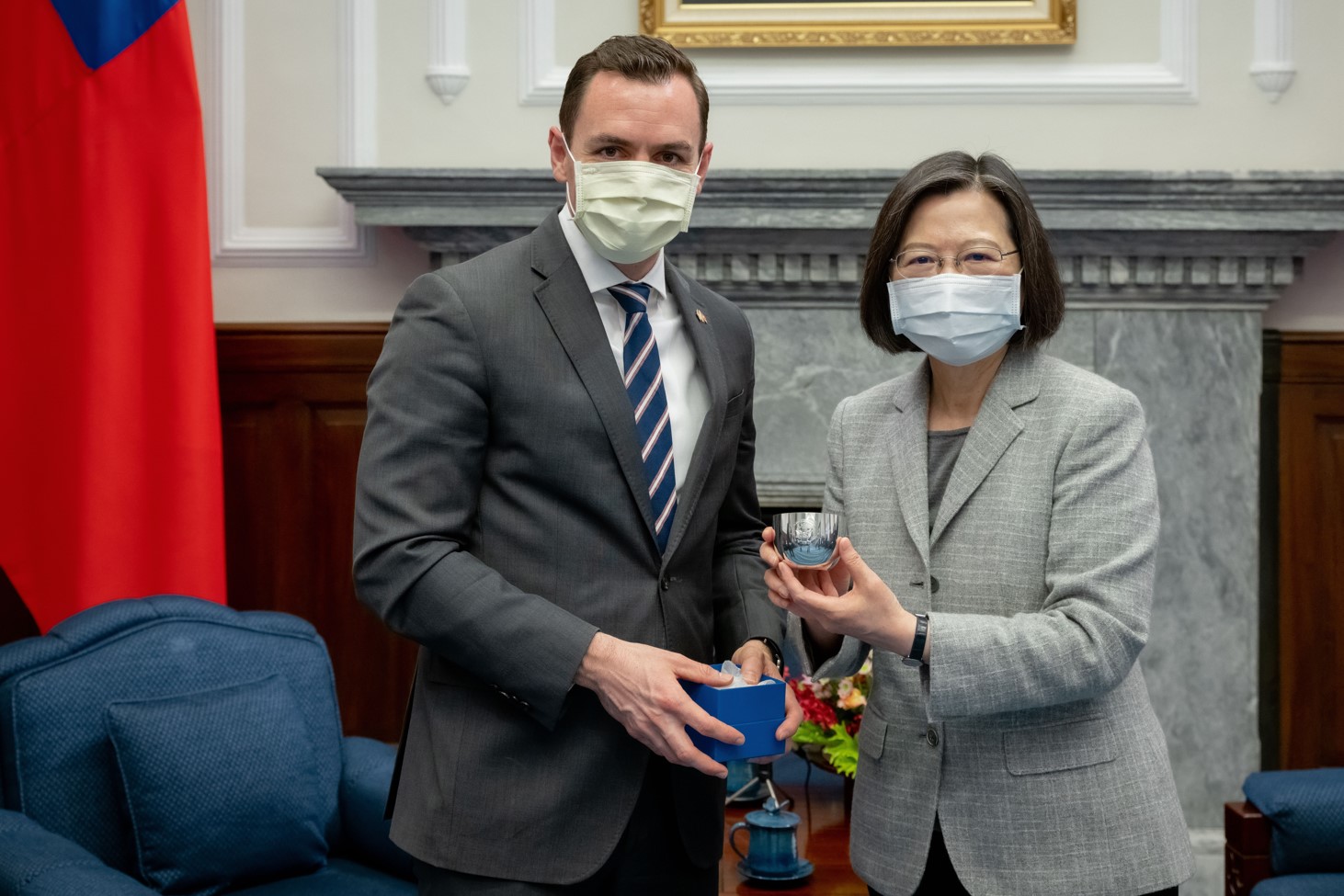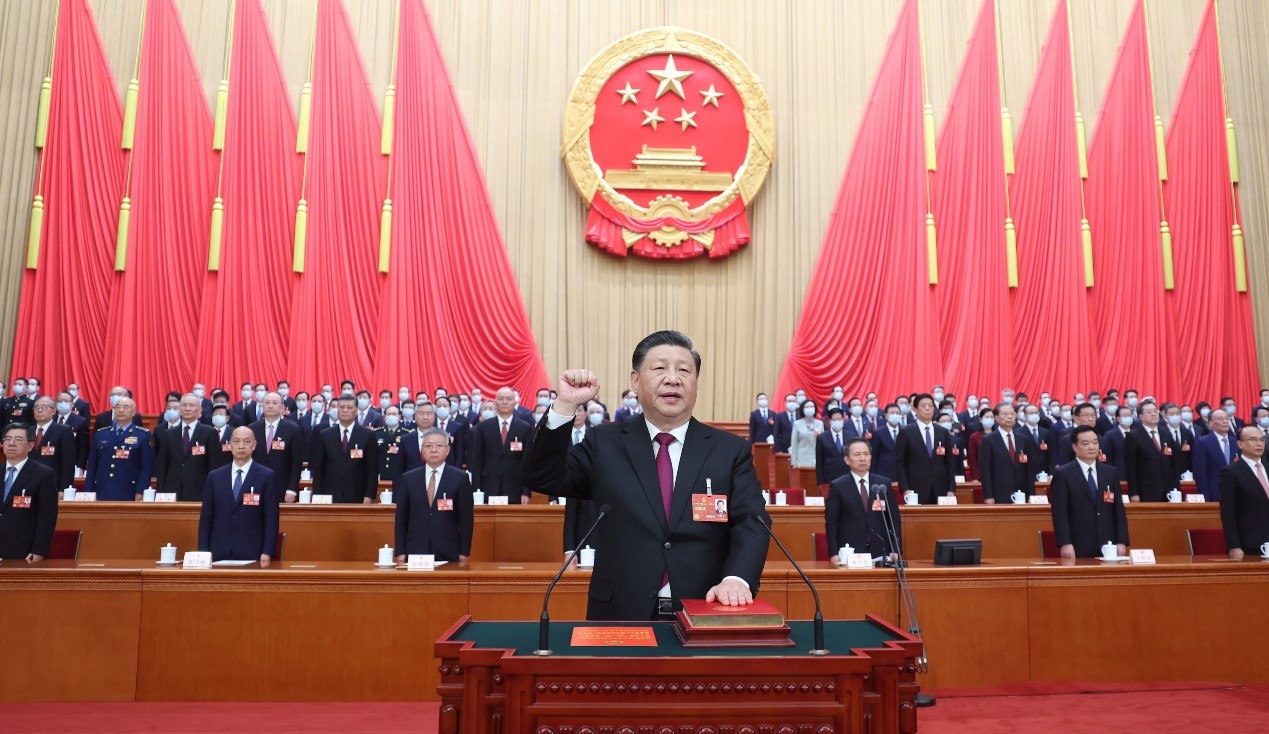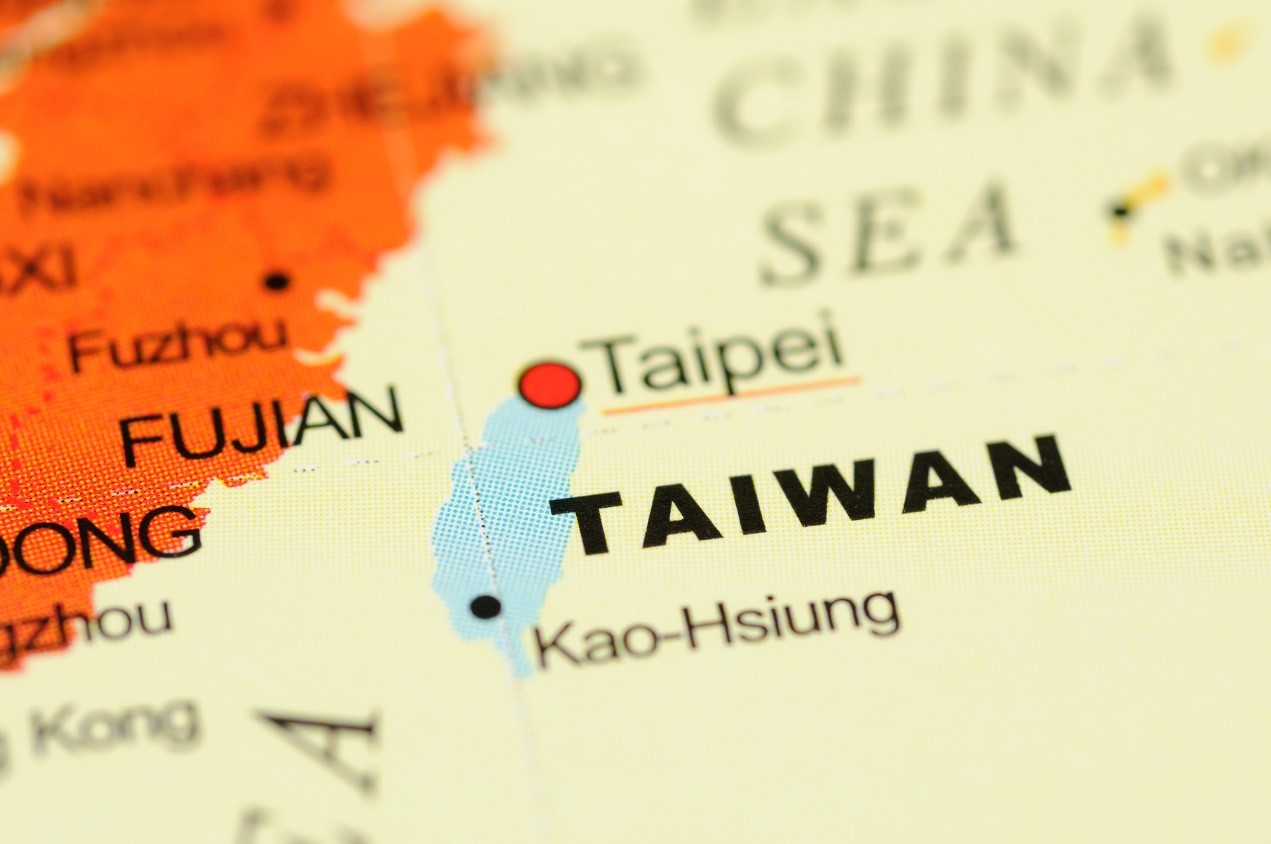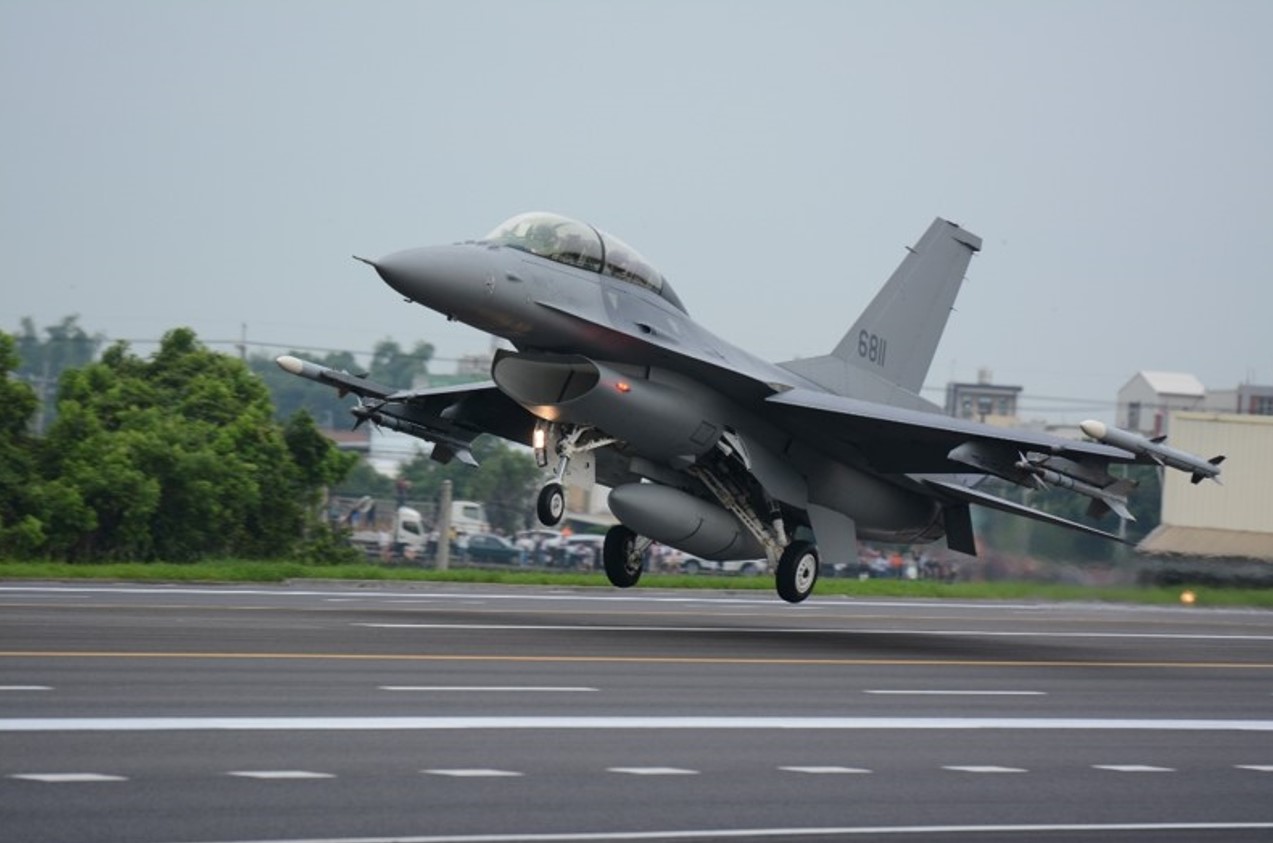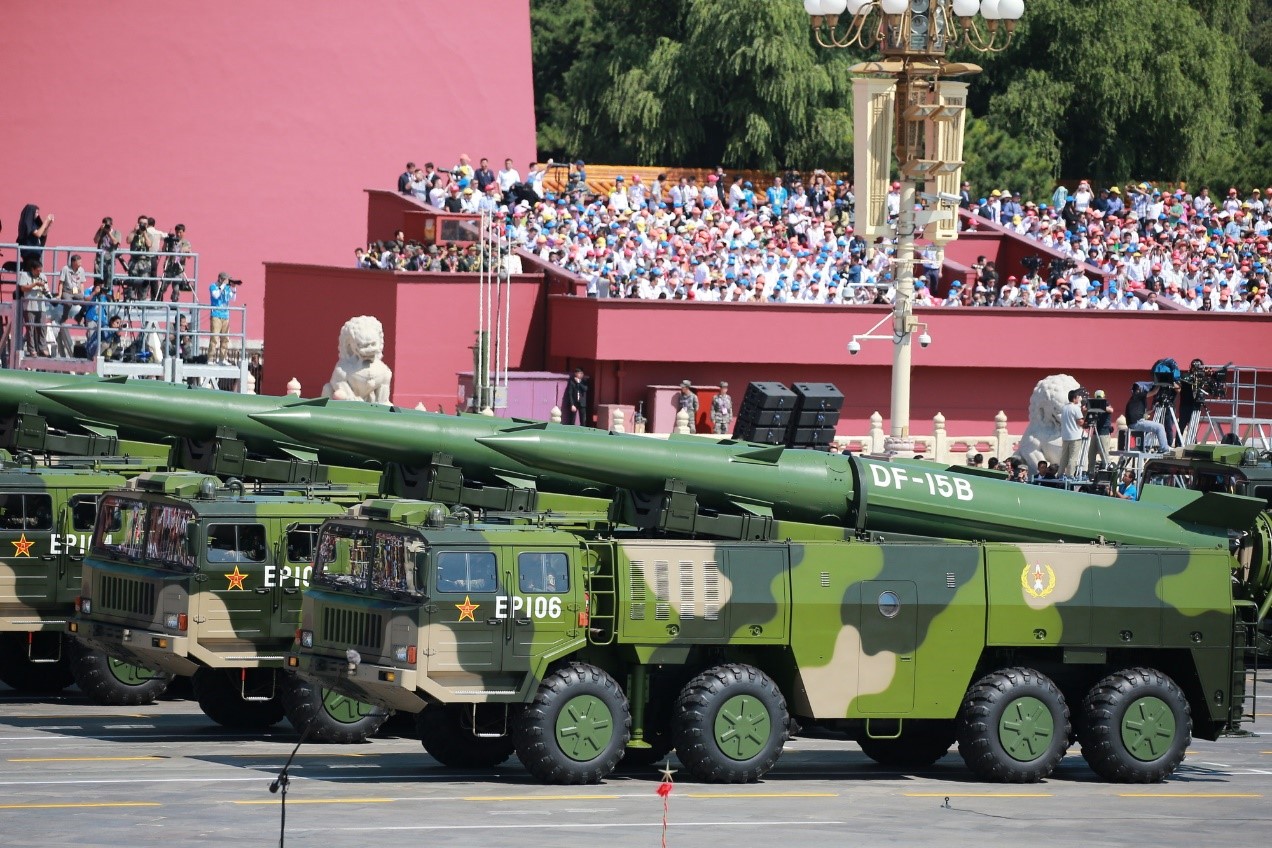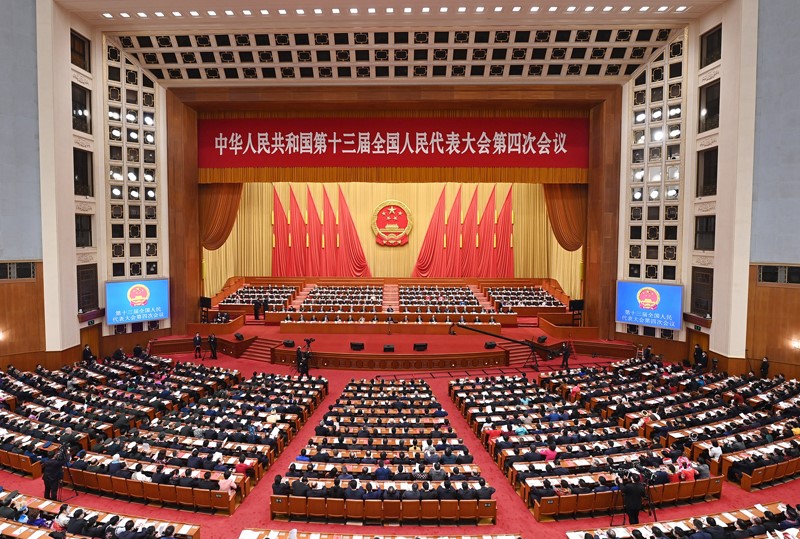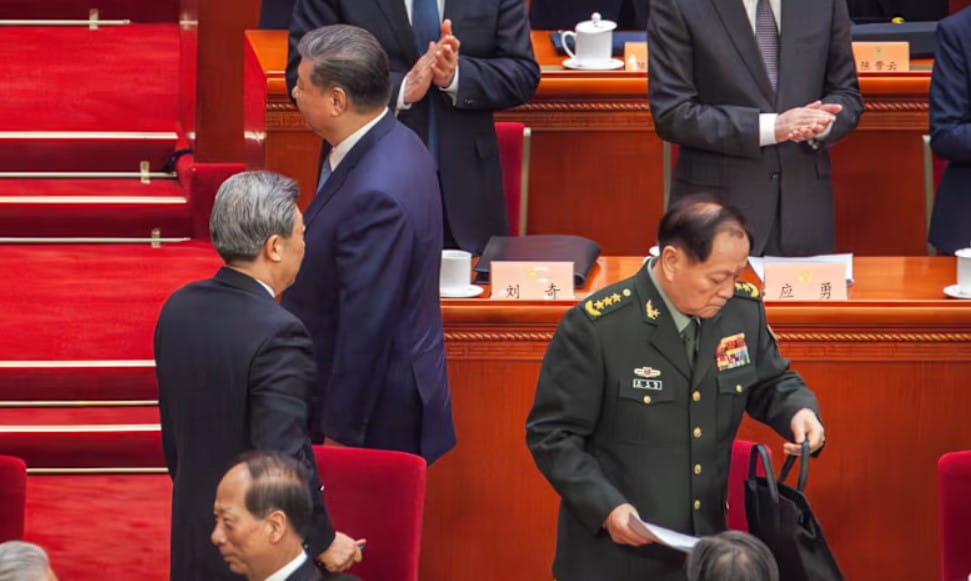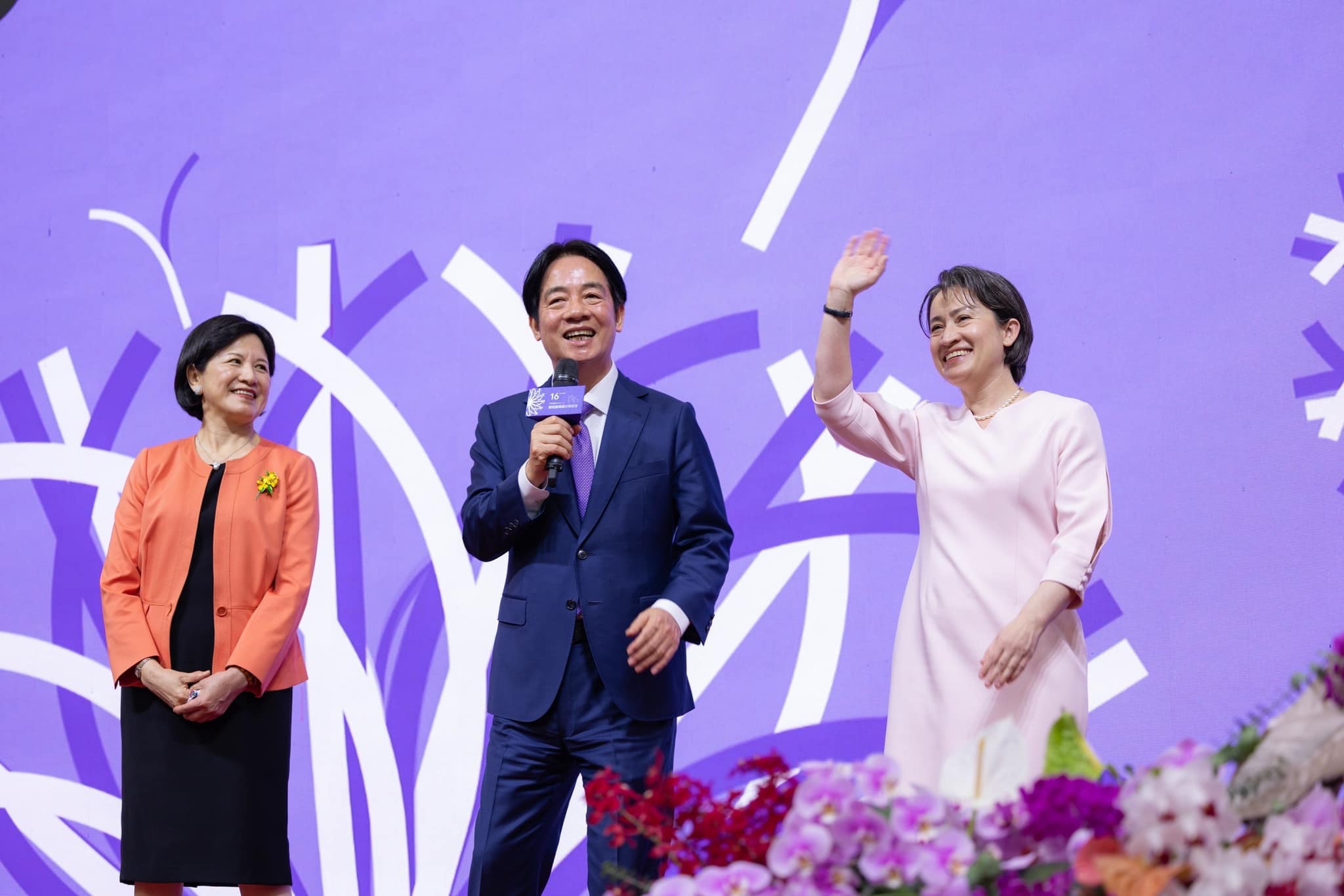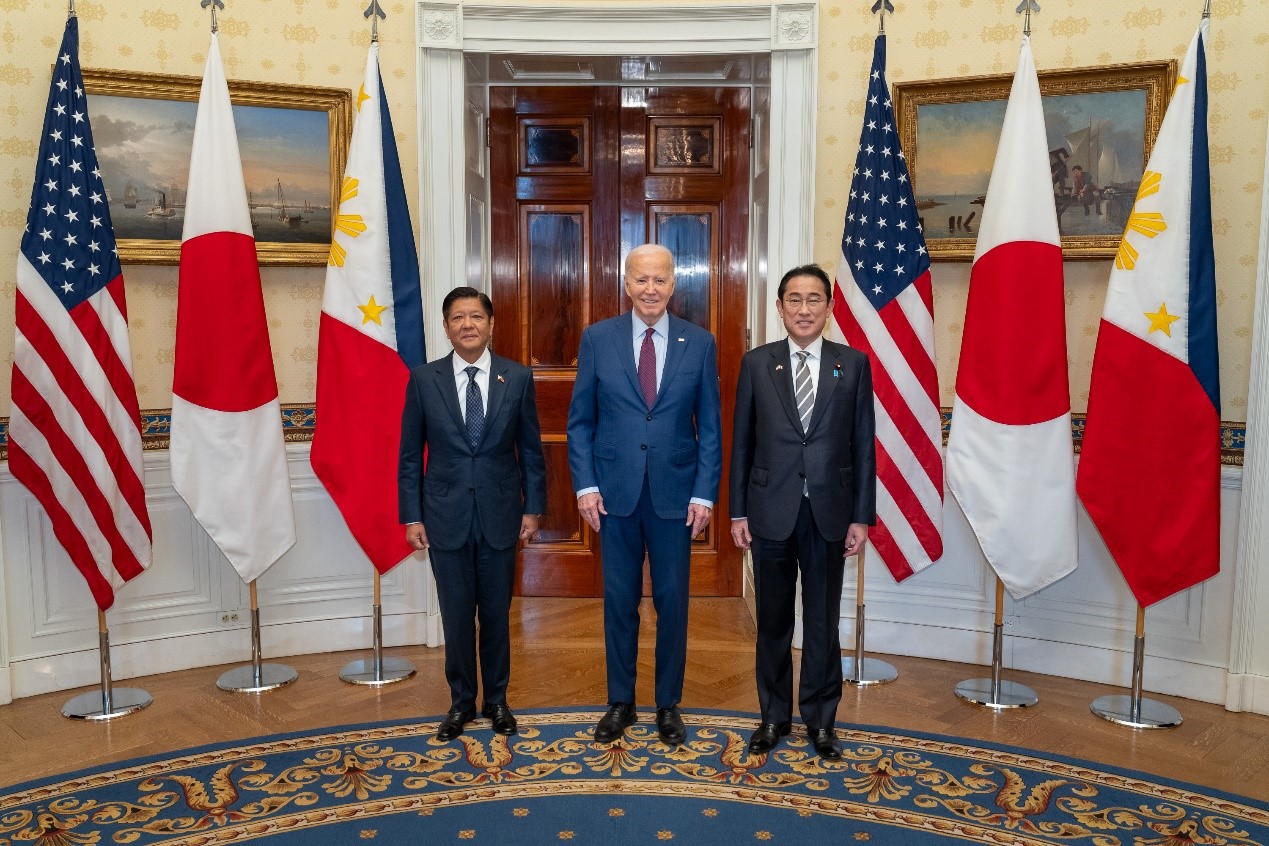An Old Dog’s New Tricks? China’s United Front Work and Taiwanese Internet Personalities
Recently, several Taiwanese internet personalities have revealed their experiences with Chinese authorities, sparking heated legal and political debate in Taiwan. For years, the Chinese Communist Party has employed “United Front Work” (UFW) tactics to cultivate interpersonal connections within Taiwan and influence public opinion. The recent cases involving internet “influencers” suggest the CCP is evolving its UFW approach, becoming both more subtle and more intrusive. Picture source: Taiwan Work Office of the CPC Central Committee, November 22, 2024, Taiwan Work Office of the CPC Central Committee, http://www.gwytb.gov.cn/m/jljw/202411/t20241122_12666005.htm.
Prospects & Perspectives No. 8
An Old Dog’s New Tricks?
China’s United Front Work and Taiwanese Internet Personalities
By Ray Wang
Recently, several Taiwanese internet personalities have revealed their experiences with Chinese authorities, sparking heated legal and political debate in Taiwan. For years, the Chinese Communist Party (CCP) has employed “United Front Work” (UFW) tactics to cultivate interpersonal connections within Taiwan and influence public opinion. These tactics include inviting Taiwanese citizens to participate in various business, tourism, academic, religious, and cultural exchanges in China. The recent cases involving internet “influencers” (網紅) suggest the CCP is evolving its UFW approach, becoming both more subtle and more intrusive.
While the Chinese government denies any impropriety in this type of collaboration, the Taiwanese government has stated that relevant authorities are monitoring the situation and taking appropriate measures. Some legislators have proposed amending the Anti-Infiltration Act (反滲透法), passed in 2019, to mandate greater transparency regarding the sources of Chinese funding and sponsorships. Recent online revelations offer unprecedented insight into Chinese UFW operations and have ignited a renewed discussion within Taiwanese society about managing Taiwan’s increasingly complex relationship with China.
Recruitment
The controversy began in June 2024, when the Taiwanese YouTuber Potter King (波特王), Chen Chia-chin 陳加晉), disclosed in a video that he and other internet celebrities had been approached by CCP representatives and offered lucrative incentives to travel to China and produce videos. This revelation caused a media frenzy, with individuals both naming names and denying involvement. In December 2024, the Taiwanese influencer Wen Tzu-yu (温子渝), who uses the sobriquet Pa Chiung (八炯), and rapper Chen Po-yuan (陳柏源) co-produced a YouTube documentary series, “Documentary of China’s United Front Work” (《中國統戰紀錄片》), exposing further details about the individuals, organizations, and methods involved. Part 1 of the documentary includes audio recordings of conversations between Chinese officials and Taiwanese influencers. The subtitled versions (in English and Japanese) quickly went viral, garnering over 3 million views worldwide within weeks.
These testimonies provide rare insight into the CCP’s covert operations. The CCP is actively recruiting Taiwanese YouTubers and influencers, offering financial incentives such as direct payments, sponsored trips to China, and collaboration opportunities with Chinese media outlets. These trips often consist of carefully curated tours showcasing an idealized image of China. Participants are encouraged to create entertaining and engaging content that distracts viewers from China’s daily military provocations near Taiwan, emphasizes the economic benefits of cross-Strait cooperation, and portrays China as a reliable leader on global issues.
Shifting Tactics
This approach differs from traditional propaganda by avoiding overt political slogans and cultural clichés. Instead, the videos, music, and travel vlogs focus on everyday life in modern Chinese cities and scenic rural areas, sometimes even filmed in sensitive regions like Xinjiang and Tibet. In these locations, viewers are presented with only positive portrayals, countering international criticism of human rights abuses against ethnic minorities. This carefully crafted content aims to subtly shift public opinion in Taiwan, promoting narratives that align with Beijing’s political agenda, including minimizing criticism of the CCP, downplaying Taiwan’s democracy, and fostering support for eventual unification.
The exposure of these collaborations has raised serious concerns about Chinese influence operations and sparked considerable controversy. Some Taiwanese influencers have publicly acknowledged receiving such offers, while others have faced criticism for promoting pro-Beijing viewpoints without disclosing their connections to Chinese entities. While these revelations have increased awareness of potential Chinese influence, they have also exacerbated existing political divisions between the Pan-Blue (Chinese Nationalist Party, KMT) and Pan-Green (Democratic Progressive Party, DPP) camps. Calls for greater transparency and regulations to combat disinformation and safeguard Taiwan’s democratic institutions have encountered resistance from some who argue that these “civilian” collaborations are harmless. Mainland Affairs Council (MAC) spokesperson and deputy head Liang Wen-chieh (梁文傑) has described this recruitment of internet personalities as “cognitive warfare,” aimed at subtly influencing younger audiences with pro-Beijing messages.
Valuable Lessons
This situation in Taiwan has global implications and warrants close attention. The use of influencers as a tool of foreign influence is not unique to the cross-Strait context and has been discussed extensively in the “Sharp Power” literature. The Taiwanese experience offers valuable lessons for other democracies, highlighting the importance of a diverse and independent civil society in resisting authoritarian influence. It demonstrates how vigilant individuals can effectively counter authoritarian interference in online media and elsewhere.
While China’s strategy of targeting Taiwanese YouTubers represents a potentially powerful form of influence, public exposure and testimony can backfire, generating resistance. Current public surveys suggest that the CCP’s efforts to gradually shape public opinion and erode support for Taiwan’s de facto independence are not succeeding.
Exposing these tactics is crucial for countering these influence operations. The ongoing debate highlights the internal political struggles within Taiwan, and the long-term effectiveness of the CCP’s incremental approach remains to be seen. Nevertheless, this situation underscores the need for vigilance and proactive measures to protect democratic institutions from foreign interference.
(Dr. Ray Wang is Associate Professor, Graduate Institute of East Asian Studies, National Chengchi University.)


